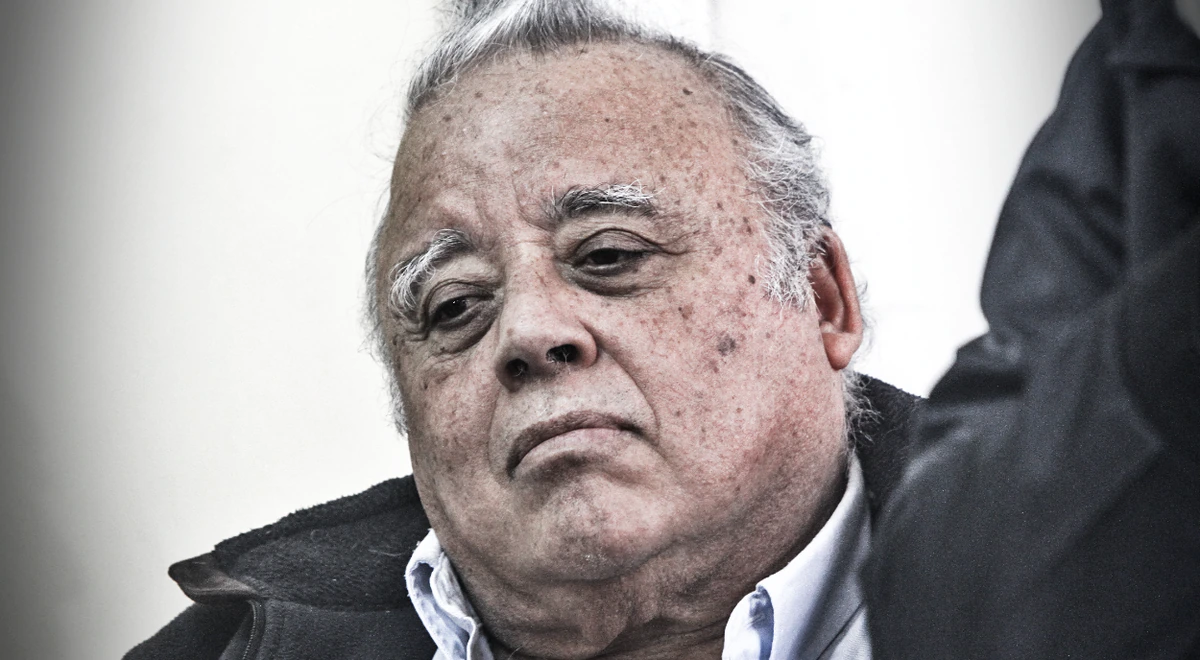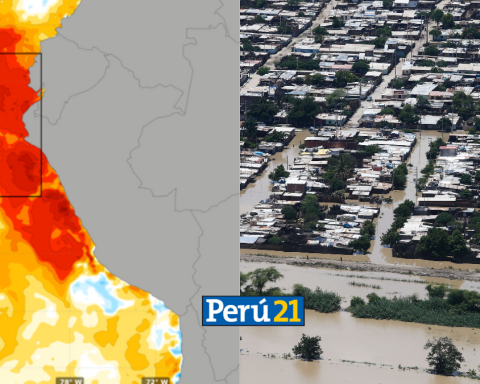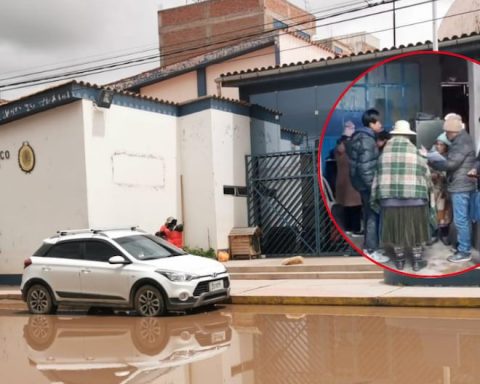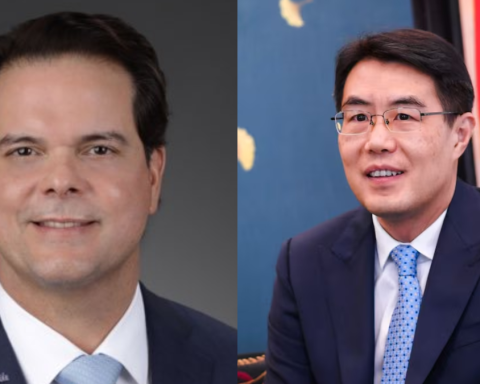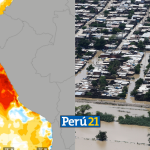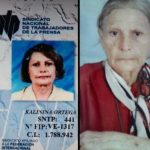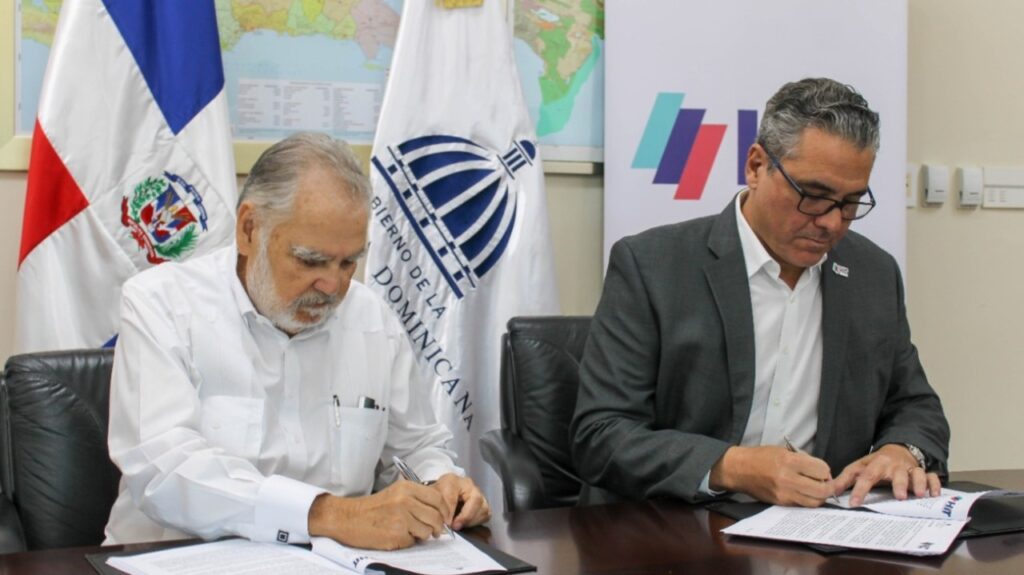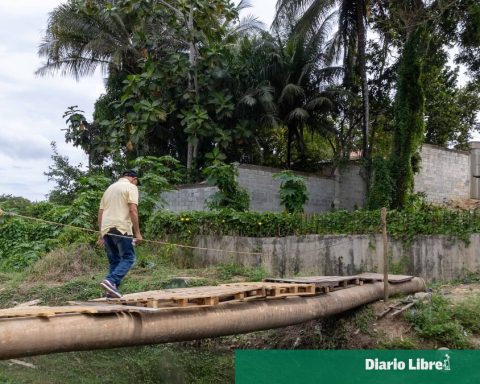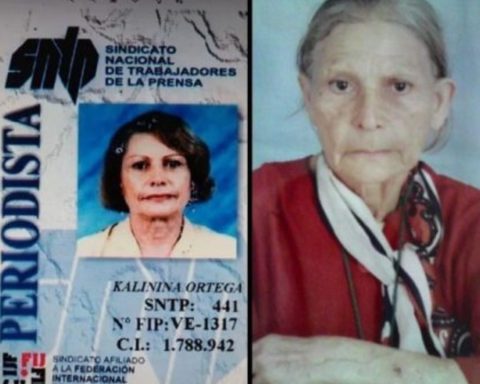Recognition. Francisco Soberon Garrido, founder of APRODEH and former executive secretary of the National Human Rights Coordinator (CNDDHH), He passed away this Friday, October 7, as a result of complications from the spread of COVID-19..
The Republic learned that the well-known left-wing activist was hospitalized after presenting complications as a result of the diseaseso he did not resist and perished in a local clinic.
Francisco Soberon is remembered for being one of the first human rights activists who was during the period of violence in Peru between the years 1980 and 2000 for the attacks of luminous path and human rights violations committed by members of the security forces. Events that led him to create the Association for Human Rights (APRODEH) which was founded on September 12, 1983.
Founder of APRODEH
Francisco Soberón Garrido was one of the founders of APRODEH Along with: Martha Giraldo Alayza, Fernando Rospigliosi Capurro, Liliana Panizo Muñiz and Manuel Piqueras Luna, who were participating at that time in an initiative to support the Congressional Human Rights Commission installed in 1980.
APRODEH is a founding member of the National Human Rights Coordinator. Since 1990, this organization is affiliated with the International Federation for Human Rights (FIDH) and played a leading role in promoting the comprehensiveness of human rights and in the process of forming the Truth and Reconciliation Commission (CVR) in Peru.
Emblematic cases defended by APRODEH
APRODEH has sponsored some of the most emblematic cases of human rights violations in Peru. One of the best known in Barrios Altos and La Cantuta whereby Former dictator Alberto Fujimori was sentenced to 25 years in prison.
On behalf of the victims, APRODEH ensured the follow-up of the accusations at the national level, obtaining sentences against Alberto Fujimori, former head of National Intelligence Julio Salazar Monroe and former presidential adviser Vladimir Montesinos.
Nowadays, APRODEH acts in legal cases such as the case about what happened at the “Cabitos” military base in 1983where a total of 53 people were tortured, raped and disappeared, and as the “Huanta 84” case related to the events that took place in the stadium of the city of Huanta, which served as the basis of the Navy and where countless acts of human rights violations were committed.
Fight against Sendero Luminoso in the international arena
Francisco Soberón was one of the first Peruvian activists to confront the Shining Path terrorist group in the international arena.. Soberón, along with other human rights defenders, rejected the claim of the bloodthirsty group of presenting themselves as supposedly politically persecuted.
“In facing Luminous Path In the international arena, we were the activists who traveled to Europe or the US to disseminate and present the Peruvian reality, the first to confront the Shining Path, in those social and political realities where there was confusion about what the Shining Path meant. We were the activists who traveled in those years 85, 86 and 87 and 90 who faced the voices of Sendero Luminoso in Berlin, Paris, London and Stockholm”, he stated in the radio program No Hay Derecho of Ideeleradio in 2015.
In said interview, Soberón Garrido stressed that “the activists of human rightsboth national and international organizations such as Amnesty International, Human Rights Watch, Cejil, Wola, have been organizations that have always been in the front line accompanying what happened in Peru as they do in all parts of the world”.
Francisco Soberón talks about his links with human rights
In an interview for IDLFrancisco Soberón points out that his links with human rights began with his work experience with peasant movements at the time.
“Then I got involved with human rights work through ties to the Human Rights Commission of the Chamber of Deputies at the time of the government of (Fernando) Belaunde when we were just emerging from the military dictatorship. It was then that the scenes of violence were unleashed and we saw the limits of what it was to support the work of a congressional commission. That is why we decided to promote work from civil society, and that is how in 1982 we began to develop work in the Association for Human Rights”, said the activist.
